 NOAA Declares Buffalo Bills as First StormReady® Supporter Team in NFL
NOAA Declares Buffalo Bills as First StormReady® Supporter Team in NFL NOAA is proud to announce the Buffalo Bills as the first National Football League team to become a StormReady® Supporter. With this designation the Bills are better prepared for severe weather and to make fans and spectators at Ralph Wilson Stadium aware of such events.
To achieve this status, the Bills organization met rigorous guidelines, which include developing severe weather safety plans, actively promoting severe weather safety through awareness activities and conducting safety training.
“The StormReady Supporter program was designed to help non-government organizations improve communications and safety skills needed to save lives while strengthening partnerships with NOAA's National Weather Service and local emergency management,” said Mickey Brown, deputy director of the National Weather Service Eastern Region. “The Buffalo Bills really scored a touchdown by being the first National Football League team in the country to be a StormReady® Supporter and creating a safer environment for all Buffalo Bill fans.”
StormReady® Supporter is a component of the nationwide StormReady® preparedness program that helps communities develop severe weather and flooding response plans with NOAA's National Weather Service and local emergency managers. Since the StormReady® program began in 1999, more than 1,300 U.S. communities have become StormReady®.
Buffalo Bills' Ralph Wilson Stadium.
“The Buffalo Bills are honored to be the first NFL team to achieve the StormReady® status,” said Joe Frandina, vice president of stadium operations for the Bills. “We feel this is another important step in making our stadium as safe as possible for our fans.”
The StormReady® program is part of NOAA National Weather Service's working partnership with the International Association of Emergency Managers and the National Emergency Management Association. NOAA understands and predicts changes in the Earth's environment, from the depths of the ocean to the surface of the sun, and conserves and manages our coastal and marine resources
WEATHER NOTE
Red Cross offers tips to recover emotionally after disaster
SEATTLE - The American Red Cross is reminding people not to overlook the emotional aspect of recovery after the devastating floods.
The Red Cross says disasters are upsetting experiences for everyone involved, but children, senior citizens, people with disabilities and people for whom English is not their first language are especially at risk. Some elderly people may seem disoriented at first and children may be afraid.
"When disaster strikes, a child's view of the world as a safe and predictable place is temporarily lost," said Lyle O'Neel, Red Cross disaster mental health worker. "Children become afraid that the event will happen again. How a parent or other adult reacts to a child following any traumatic event can help children recover more quickly and more completely."
The Red Cross says it’s important to let children and elderly people know that they are safe and that you will help them find a safe place to stay.
Some basic steps you can take:
- Try to return to as many of your personal and family routines as possible.
- Get rest and drink plenty of water.
- Limit your exposure to the sights and sounds of disaster, especially on television, the radio and in the newspapers.
- Focus on the positive.
- Recognize your own feelings.
- Reach out and accept help from others.
- Do something you enjoy. Do something as a family that you have all enjoyed in the past.
- Stay connected with your family and/or other support systems.
- Realize that recovery can take time.
Take care of your pets
If you have pets, try to find and comfort them. A scared animal may react by biting or scratching. Handle animals carefully and calmly. Pets can become upset and react in unusual ways, such as spraying urine, defecating on floors or scratching/biting furnishings.
Since pets will need regular care and attention to help them calm down, try to leave pets with a family member, friend, veterinarian or boarding facility while you are cleaning up your home. Animals are naturally inquisitive and could get injured if they are brought back to a damaged home.
- Use toys, a blanket or favorite human's unsoiled clothing to comfort pets.
- Make sure pets are fed their usual diet, and have plenty of water.
- Visit your pets regularly, speak calmly and take some time out to play with them. Doing so can help you in your recovery, as well.
How you can help
To help residents who have been affected by the Washington State flooding please go to http://www.seattleredcross.org/show.aspx?mi=4861 to make a secure online donation or call 1-800-REDCROSS. Checks can be made payable to the American Red Cross Serving King & Kitsap Counties, P.O. Box 3097, Seattle, WA 98114.
NWS CHICAGO
January 19-20 Snowfall Reports
MARITIME NOTE
Coast Guard says rescues still key mission
WASHINGTON, Jan. 13 (UPI) -- The U.S. Coast Guard says that it is not shirking rescues at sea despite a government report that found it was spending more effort on homeland security tasks.
The inspector general for the Department of Homeland Security said in a report issued last week that there had been "clear trend toward emphasizing homeland security missions" that could make it more difficult for the Coast Guard to carry out its traditional safety roles.
USA Today said Tuesday that Coast Guard commanders saw the conclusions as misleading and that its boats and aircraft still spend plenty of time on non-homeland security tasks.
"Our priority has always been and will continue to be saving lives," Coast Guard spokesman Lt. Cmdr. Christopher O'Neil told the newspaper.
A major finding of the disputed report was a decrease in the number of rescue operations from around 84,000 in 2001 to 60,000 in 2007 at a time the Coast Guard's ranks were growing. The report also noted the Coast Guard was spending more time patrolling U.S. fishing waters and intercepting boatloads of illegal immigrants.
From Holland and Knight
DHS OIG – review of USCG mission performance
The Department of Homeland Security (DHS) Office of Inspector General (OIG) issued it annual review of the US Coast Guard’s mission performance for fiscal year 2007. The report shows that performance is largely unchanged from the previous year. The agency met six of its eleven performance targets, the same as 2006. Non-homeland security mission resource hours decreased, while homeland security mission resource hours increased. OIG-09-13 (1/9/09).
Heavy Rolling and My Seesaw
RS

























































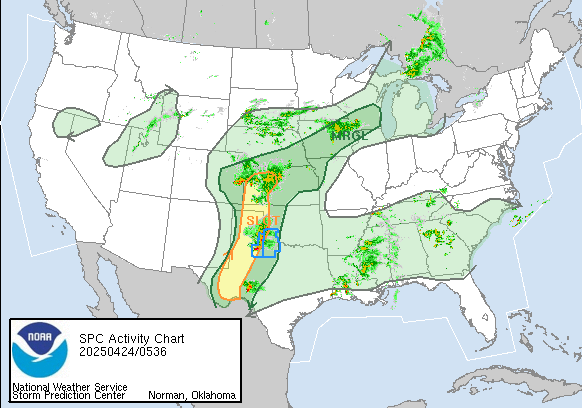
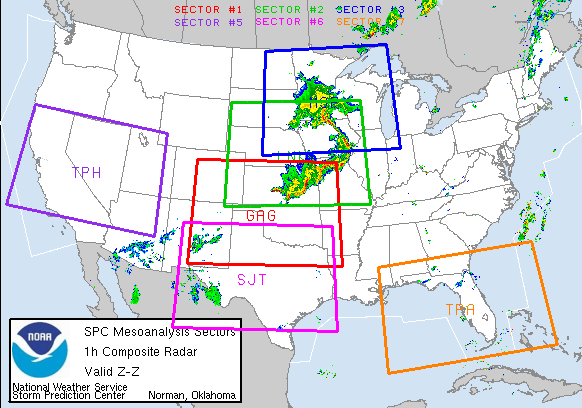





























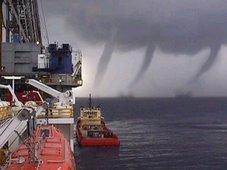
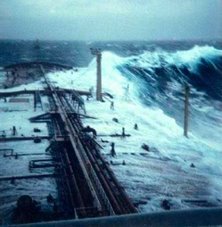
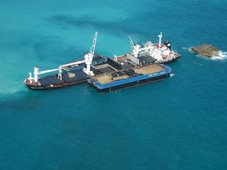
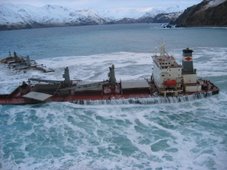
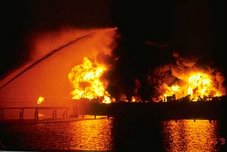
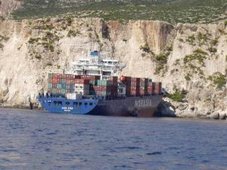




![Validate my RSS feed [Valid RSS]](valid-rss.png)